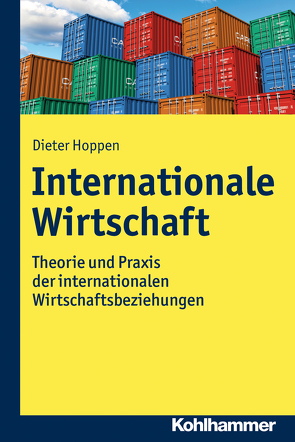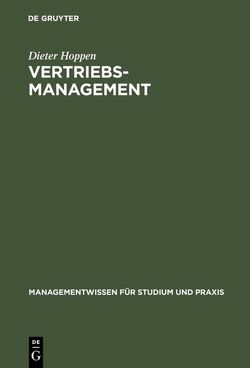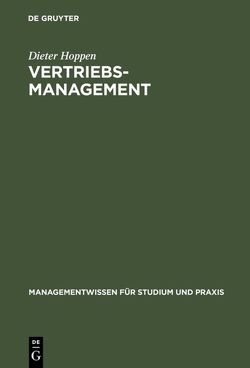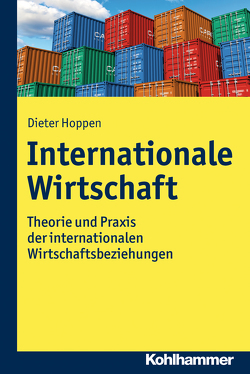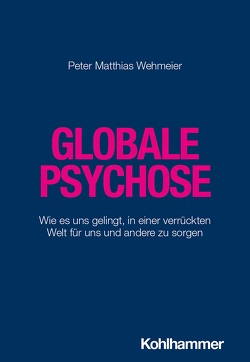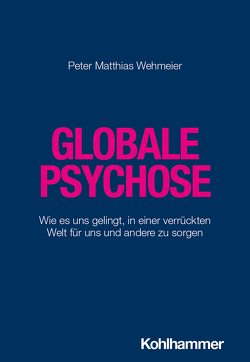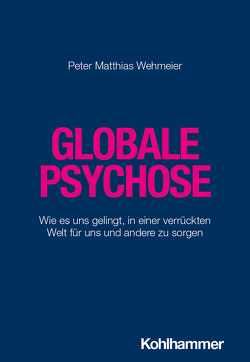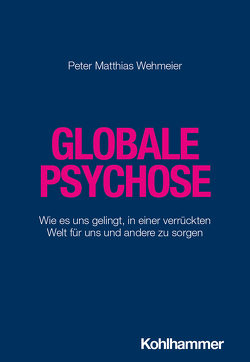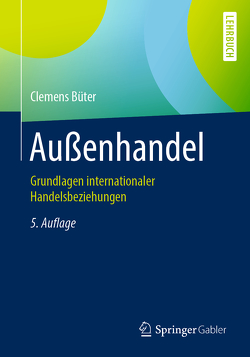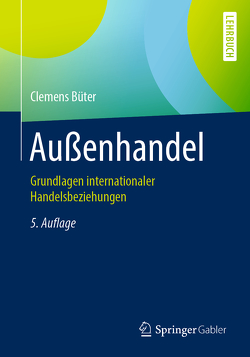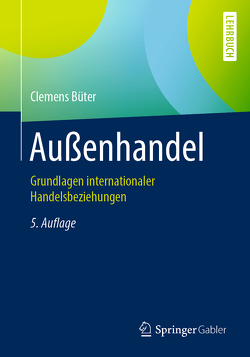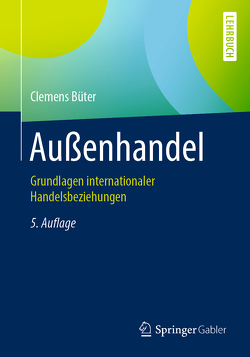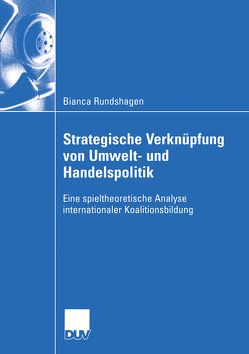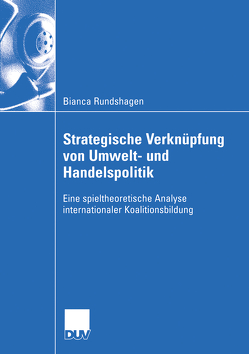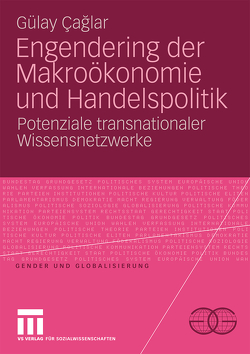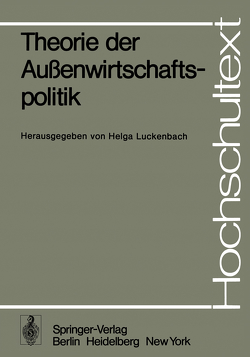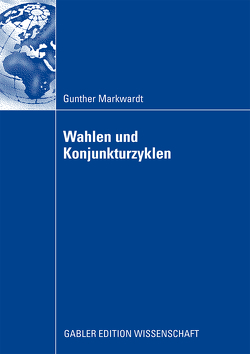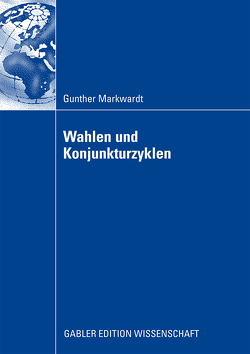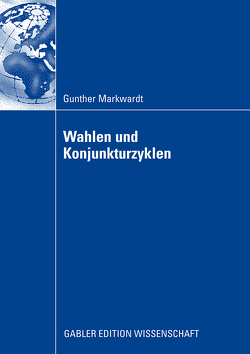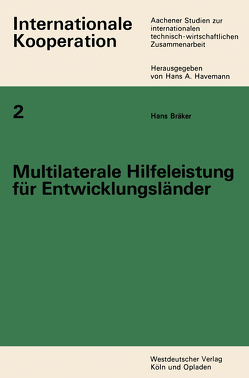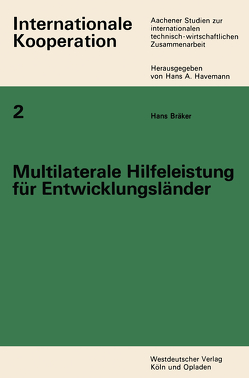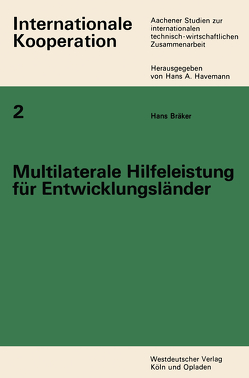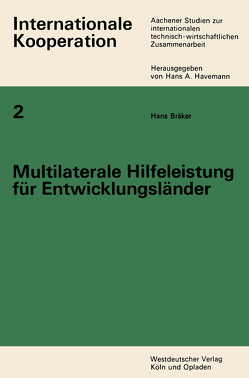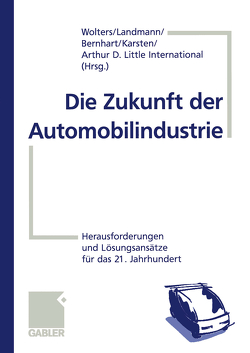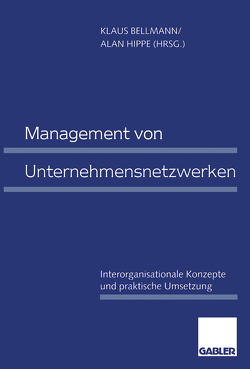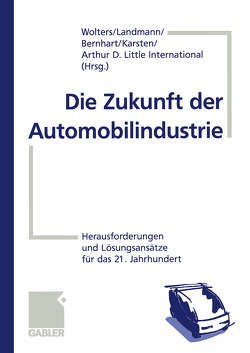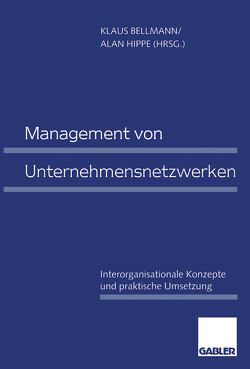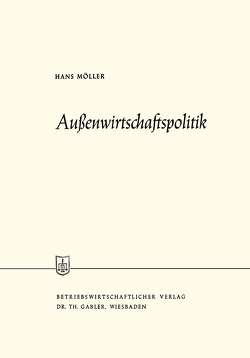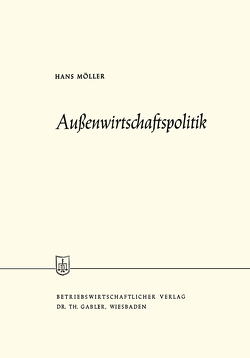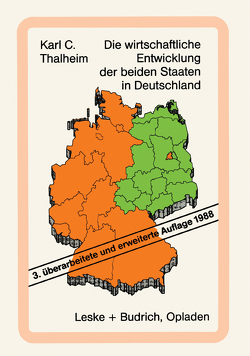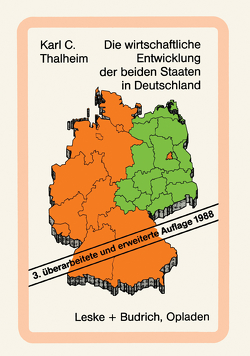Internationale Wirtschaft
Theorie und Praxis der internationalen Wirtschaftsbeziehungen
Dieter Hoppen
The Global Economy
International Trade, Global Competition and its Driving Forces
In the early 1990s a process of economic integration did start that changed the face of a large number of cities and manufacturing sites around the globe: In western industrialized countries vital economic activities that had existed for 100 years and more disappeared within shortly and the growing group of the newly industrialized countries lived a stunning manufacturing boom. International trade did not only gain a new dimension but it got a different objective, too: The constantly growing exchange of goods and services between countries and continents turned irrevocably into a worldwide division of labour called globalization. Since the early 1990s international trade is no longer an advantageous exchange of goods and services but it has become inevitable for every country to participate successfully to assure its vital supplies.
In the early days the driving forces of trade between locations were the different endowment with natural resources and the differences in the skills of local manufacturers. Transportation was difficult and rather expensive, therefore only essential natural resources and small amounts of high value goods were traded internationally. Since the 1980s this is no longer true: Transportation costs are no more an obstacle to any form of trading, since the technical progress in international logistics reduced them to a few percentage points of every ex works price. Competitively manufactured goods can match with rival products after a shipment of several thousand miles from East Asia to Europe or to America. Therefore gigantic quantities of commodities and branded goods are traded around the globe. The consequences for companies and countries are substantial: Entire industries have been relocated internationally.
In the early 1990s the global economy was deeply restructured by several mega-events that took place almost at the same time: After its return to the market economy China entered a period of high economic growth fuelled by its booming commodity exports. Close to insolvency India received a $ 10 b. loan from the IMF. In return it had to open its almost closed economy to the world trade. That produced a take-off for its services´ exports and its economy as a whole. In 1991 the Soviet Union ended and the Eastern European countries returned to democracy and market economy. This gave the Western European manufacturing industry access to low cost locations at half a day´s truck drive. The great autonomous cycle of innovation and investment of the microelectronics favoured the low income locations in East Asia. This helped South Korea and Taiwan to join the club of industrialized countries.
The international competition between companies has turned into a competition between countries and their manufacturing sites. Most of the governments of the western industrialized countries do believe in David Ricardo´s Credo of Free Trade. They intervene little in the development of their manufacturing industries and focus on good governance, on improving their infrastructure and educational system, and on deregulating their markets. Japan, Taiwan, Korea, and China did opt for Neo-Mercantilism and support their manufacturing industries with state subsidies. It is their objective to win international market share to bring income and jobs to their countries. They have been successful and still are. They are the winners of the globalization, but they are not the only ones: The key manufacturing industries of the USA, the German speaking and the Scandinavian countries stayed competitive through innovation and high productivity and made
